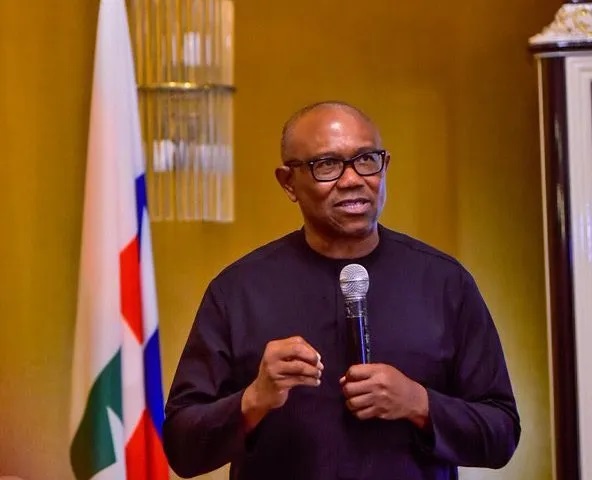In the eyes of many Nigerians, the current administration under President Bola Ahmed Tinubu mirrors the challenges endured during Muhammadu Buhari’s leadership. Despite the recent reduction in fuel prices, widespread hardship persists, leaving citizens disillusioned with the promises of change.
During Buhari’s administration, Nigerians had high hopes for relief from economic struggles but were met with what many described as a worsening situation. As Buhari handed over the reins, there was cautious optimism about whether the new administration could rescue citizens from their economic woes. However, recent findings reveal that life under Tinubu has been even tougher for many Nigerians.
Throughout his tenure, Buhari frequently appealed for patience, insisting that hardship was a necessary byproduct of his “Change Mantra.” He assured Nigerians that the pain would eventually lead to meaningful development—a promise that many now consider unfulfilled. Similarly, Tinubu has called for patience, but for many Nigerians, these reassurances have begun to ring hollow.
The ongoing difficulties are tied to the challenges facing Nigeria’s oil sector, the backbone of the nation’s economy. Years of corruption and mismanagement have crippled the sector, exacerbating the economic crisis. Tinubu’s declaration during his victory speech in 2023 that “fuel subsidy is gone” marked a pivotal moment. While the removal of subsidies was framed as a reformative step, it triggered soaring prices for basic goods, transportation, and essential services, intensifying the hardship for the average Nigerian.
The recent collaboration between Dangote Refinery, the Independent Petroleum Marketers Association of Nigeria (IPMAN), and the Nigerian National Petroleum Company Limited (NNPCL) to reduce fuel prices has sparked some hope. However, the impact of these reductions is yet to be widely felt.
Read also: Yuletide Cheer: Elomaz Foundation brings joy to Orphanages in Delta with generous donations
On social media, Nigerians voiced their frustrations. On X (formerly Twitter), user @LeonardoOkoje remarked, “The reason fuel prices are dropping is competition. Dangote, NNPC, and PMS importers are fighting for market share. This is the power of competition.”
Despite this optimism, others remain skeptical. Commercial driver Mujahid Hassan told The Trumpet News that the reductions are insufficient, stating, “Fuel prices need to drop to ₦300 or below before we feel any real impact.”
Another X user, @EmperorTwiTs, argued, “We all know this won’t change the prices of goods in the market.” Similarly, @g_wood247 tweeted, “When you say slash, it should mean cutting the price in half.”
As Nigerians continue to grapple with rising costs of food, transportation, and healthcare, the sentiment on the ground is clear: while the recent fuel price reduction is a step in the right direction, it falls short of alleviating the profound hardship experienced by millions. Whether these measures will lead to lasting economic relief remains uncertain, leaving many questioning when true change will finally arrive.






